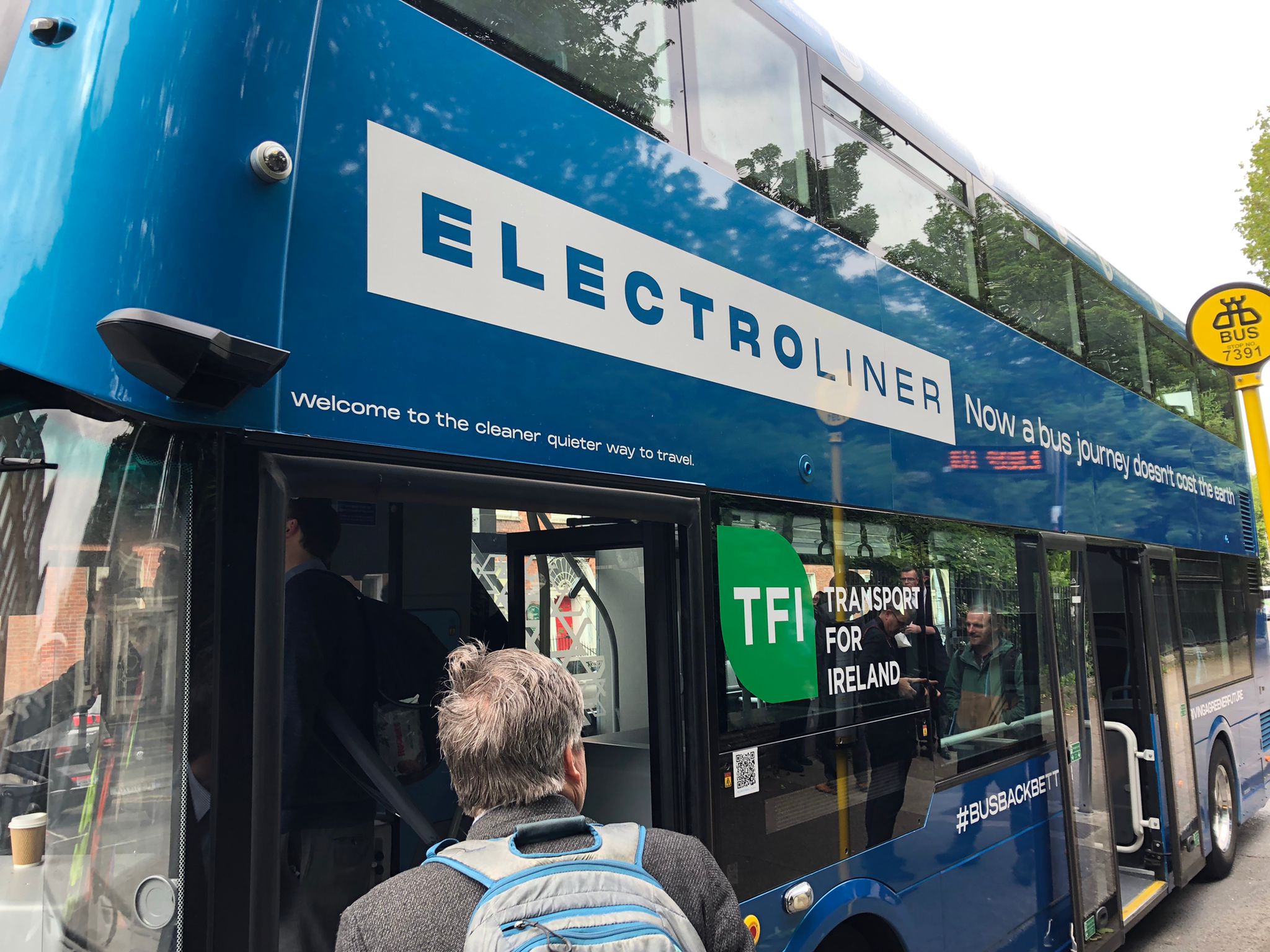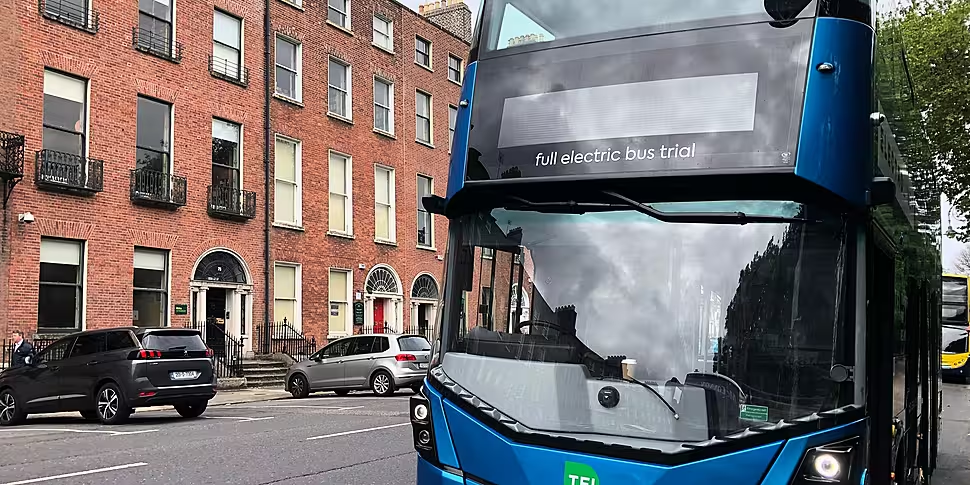A "lack of charging infrastructure" has meant that 130 electric buses are yet to hit the roads, according to the National Transport Authority.
In June 2022, The Government agreed to buy at least 120 electric buses from Northern Ireland firm Wright Bus at a cost of €80.4m.
The order was part of a framework agreement which could see Ireland buying up to 800 ‘Streetdeck Electroliner Battery Electric Vehicles (BEVs)' from the company in the next five years.
It was the single biggest bus procurement in the history of the State.
However, the National Transport Authority has now revealed that the 130 electric buses are yet to undertake any journeys, due to a lack of charging infrastructure.
Planning permission
Speaking to The Pat Kenny Show, The National Bus and Rail Union Assistant General Secretary Tom O'Connor said Dublin Bus was granted planning permission for single-storey substations.
"Then, when they went to put in the ancillary equipment – the wires and the switches which stand outside the substation – they were refused an exemption, and they had to go through the planning process again," he said.
"We're in such an emergency, the state infrastructure that's for the common good [should] have been exempted from the planning commission."
Irish winters
Mr O'Connor said the technology is still being developed for the switch from diesel to electric.
"It's not as simple as taking the diesel bus out and putting this one in," he said.
"Irish winters – the misters and the wipers and the heaters going, that's going to drain the battery."
The layout of the electric buses is also part of the issue for drivers, Mr O'Connor said.
"The switches are different so there will have to be familiarisation," he said.
"These buses for the first time have no wing mirrors on them, they have monitors. That'll take some getting used to."
 The new fully-electric buses that will take to the streets in Dublin and on the Bus Éireann network. Image: Emma Tyrrell/Newstalk
The new fully-electric buses that will take to the streets in Dublin and on the Bus Éireann network. Image: Emma Tyrrell/NewstalkRecharge
Mr O'Connor explained that Dublin Bus are currently undertaking tests to see how long the buses can drive without needing a recharge.
"[The buses] are not that common," he said, "The number of countries that operate the double-deck buses are very few, most countries on the Continent are single-deck."
The buses will charge in the depot, which will consume 10% of the existing carbon footprint.
"There's a delay in two depots in relation to planning, it's my opinion that any sort of state transport project should be exempt from the planning process," Mr O'Connor said.
"We don't need the delays, it needs to be done as soon as possible given the stats in relation to emissions."









